Supplements are not regulated by the U.S. Food and Drug Administration (FDA) the way most drugs are, so how do you know the product that you’re buying contains the ingredients on the label and that it has been manufactured properly and doesn’t contain contaminants? Look for verification from a third party, such as the United States Pharmacopeial Convention, National Sanitation Foundation (NSF) International, and ConsumerLab.com, says John Travis, senior research scientist at NSF International in Ann Arbor.
“Most supplement manufacturers are committed to ensuring quality and safety, but there are a few irresponsible and unscrupulous companies out there whose actions are putting consumers at risk,” says Travis. No matter which supplement you choose, check with your pharmacist that it’s safe to take with any other medications and supplements that you consume. You can also look up potential negative interactions through the Natural Medicines Comprehensive Database.
Read on to learn some of the vitamins and supplements experts tell us they trust.
Get The Healthy @Reader’s Digest newsletter for news on wellness matters that matter to you
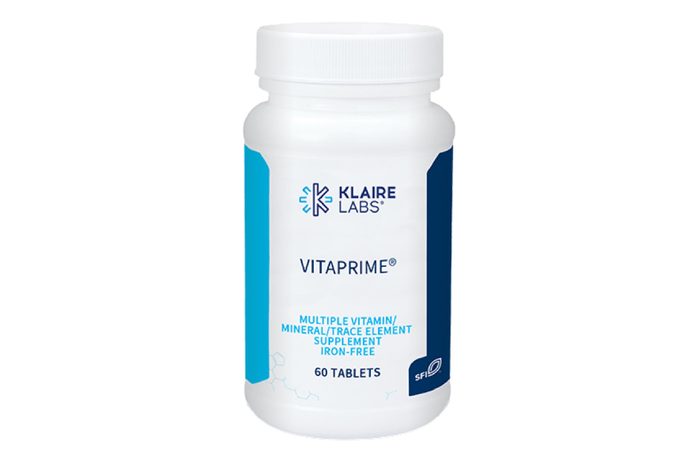
Multivitamin: Klaire Labs Multi VitaPrime
“Pharmaceutical-grade supplements are usually higher quality,” says Hallie Armstrong, ND, a naturopathic doctor and an adjunct instructor at Oakland University William Beaumont School of Medicine in Rochester, Michigan. “Some pharmaceutical-grade brands include Klaire Labs, Designs for Health, Ortho Molecular, and Metagenics. It is important to look for and avoid fillers, including dyes that make supplements less optimally absorbed. Multi VitaPrime by Klaire Labs includes the methylated form of B vitamins, which helps with absorbability.” Actually absorbing them is the first step in making sure supplements work for you—here are a few other simple ways to make your vitamins more effective.
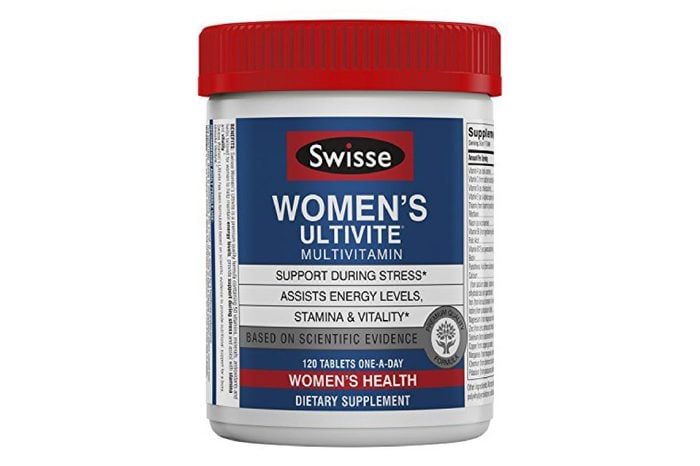
Multivitamin: Swisse Women’s Ultivite Multivitamin Tablets
“My go-to recommendation for a multivitamin is the Swisse Ultivite line,” says Erin Palinski-Wade, RD, CDE, a dietitian and founder of Vernon Center for Nutrition and Wellness in Franklin, New Jersey. “The Ultivite contains over 50 vitamins, minerals, and herbs—making it one of the most comprehensive multivitamins on the market. Eight clinical trials have been conducted on the Ultivite, which back the claims that this multivitamin can provide support during stress and assist energy levels, stamina, and vitality. Although the brand just recently launched in the United States, it’s the No. 1 selling supplement brand in Australia, which means it follows Australia’s more stringent regulations and ensures that the product contains only high-quality ingredients that do what they say they do.”
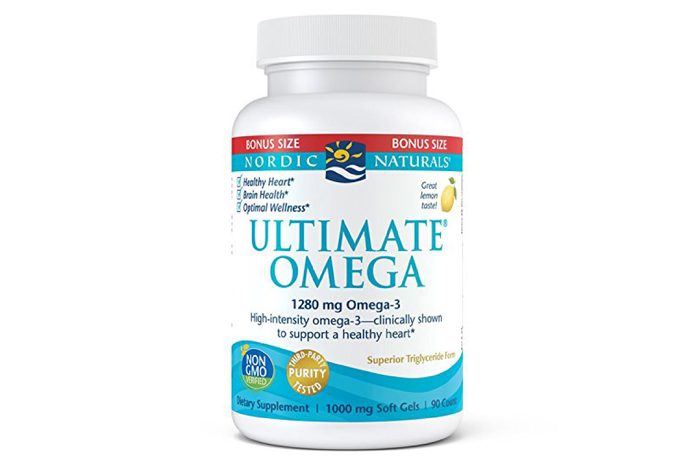
Omega-3 supplement: Nordic Naturals Ultimate Omega
“Where I work, we measure omega-3 fatty acids in blood work,” says Mary Purdy, MS, RD, a dietitian in Seattle. “Nordic Naturals is a brand I wholly trust not only because of the research I have done on the quality and transparency of the company but because I have seen actual results when patients have consumed the supplements recommended.” Check out the nutrients even nutritionists don’t get enough of.
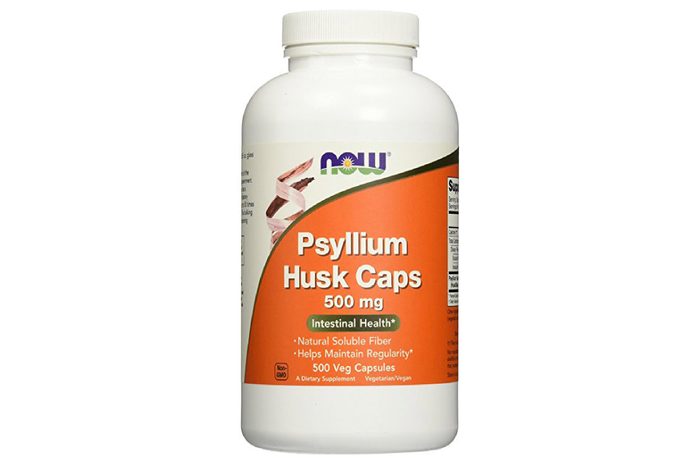
Digestive health: NOW Psyllium Husk Capsules
“I’m a big fan of NOW because it conducts more than 16,000 tests per month on its raw ingredients and finished products to ensure what’s on the label is in the bottle,” says Christy Brissette, MS, RD, a dietitian and president of 80 Twenty Nutrition in Chicago. “It has the ‘Good Manufacturing Practices’ logo on all of its supplements. That means it has met the FDA’s current good manufacturing practices and it has been certified by the Natural Products Association. I love the psyllium husk 500 milligram capsules. Psyllium is a natural soluble fiber that forms a gel when combined with water. Fiber helps promote regularity and intestinal health. It may also help with weight control because it can help you feel more full. Some of my clients with irritable bowel syndrome find that taking psyllium helps symptoms.”
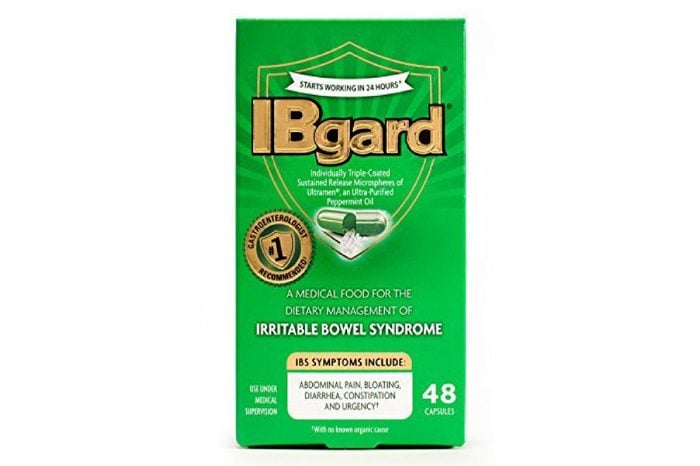
Digestive health: IM HealthScience IBgard
“This is my favorite quick-fix supplement for clients with digestive distress,” says Cheryl Harris, MPH, RD, a dietitian in Fairfax, Virginia. “Several clinical research studies have shown that it helps decrease pain in people with irritable bowel syndrome or IBS. I find it works particularly well for clients who are experiencing bloating and pain. Since it’s purified peppermint oil, it’s very safe. The main side effect is peppermint burps.”
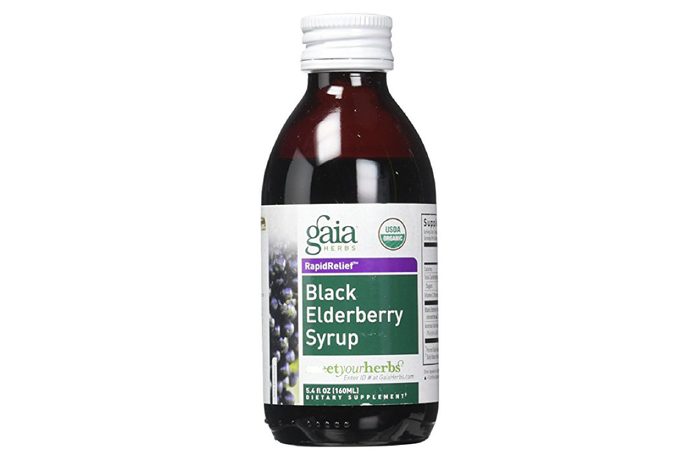
Immune health: Gaia Herbs Black Elderberry Syrup
“Unfortunately, the world of vitamins and supplements is not easy to navigate,” says Lana Dvorkin Camiel, PharmD, a professor of pharmacy practice at Massachusetts College of Pharmacy and Health in Boston. “Gaia Herbs sells natural products that have fewer steps in the manufacturing process. Gaia Herbs Black Elderberry Syrup is used for a healthy immune system, and you can take it at the first sign of cold or flu.” Many experts swear by elderberry syrup—here are 16 vitamins and supplements doctors take regularly.
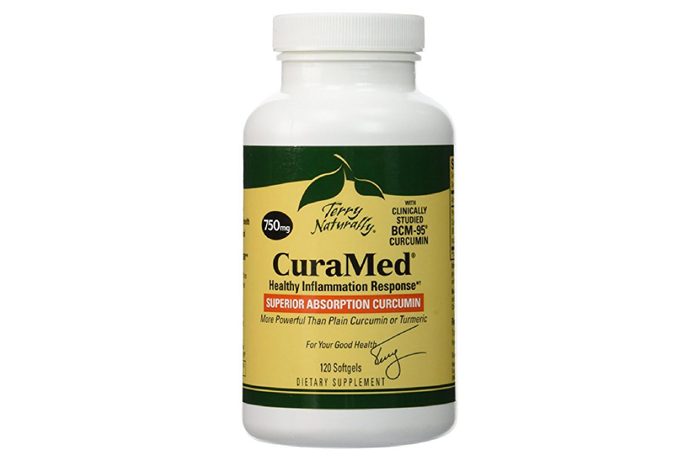
Joint health: Terry Naturally Vitamins CuraMed
“This is the form of curcumin used in most research studies,” says Jacob Teitelbaum, MD, an internist in Kona, Hawaii, and author of From Fatigued to Fantastic. “It includes turmeric essential oil, which increases absorption almost sevenfold.” Many people assume that plants and herbs are not as “strong” as pharmaceutical medications and therefore do not work as well. But that’s not necessarily true. Some research suggests curcumin may be more effective than Celebrex for arthritis when combined with boswellia, notes Dr. Teitelbaum. It’s also a myth that herbs are always safe and never have side effects, so be sure to talk to your doctor or pharmacist about potential risks and side effects, and read up on these additional vitamin myths you have to stop believing.
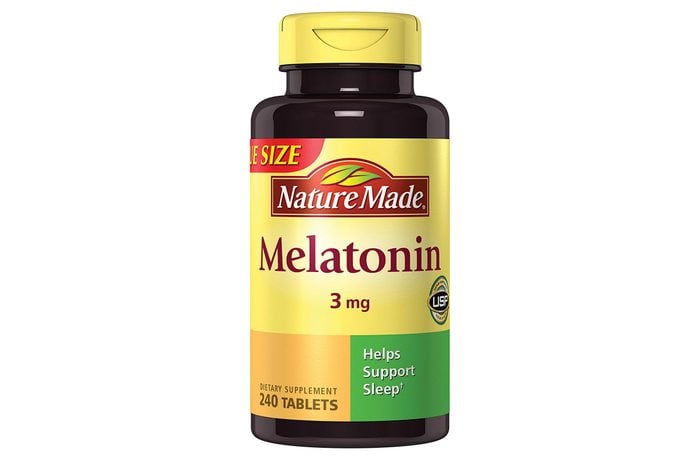
Sleep support: Nature Made Melatonin
“As a pharmacist, I get asked many times, ‘what do you recommend?’ says Fernando Gonzalez, RPh, MS, assistant professor of pharmaceutical sciences at Long Island University in Brooklyn, New York. “One of the supplements I recommend is melatonin, a hormone that is naturally produced by the body. It is believed to help with the circadian rhythm cycle, which is your sleep clock. Usually melatonin is stimulated by darkness. As we age, we tend to produce less melatonin. Any vitamin or supplement I buy must have the USP seal.”
“I chose Nature Made Melatonin, in the 5 milligram dosage. This is made in a laboratory, not naturally, which I prefer—the natural version is obtained from the pineal gland of various animals and could have other contaminants. Check with your healthcare provider before giving to children or if pregnant or breastfeeding,” says Gonzalez. Need more help getting to sleep? Try these strategies for insomnia.
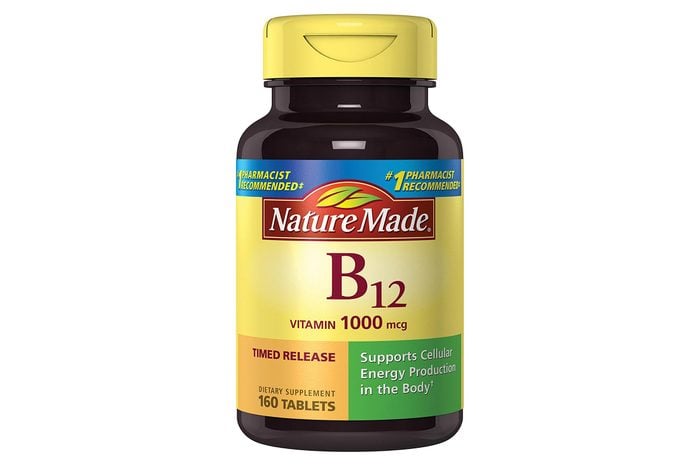
Vitamin B12: Nature Made Vitamin B12
“You may find that certain brands seem to be more reliable than others; Nature Made’s B12 tablets are USP verified,” says Pat Salber, MD, an internist and emergency medicine physician in Larkspur, California. Dr. Salber takes vitamin B12 daily for a documented B12 deficiency—do you have any of these silent signs you aren’t getting enough vitamins?
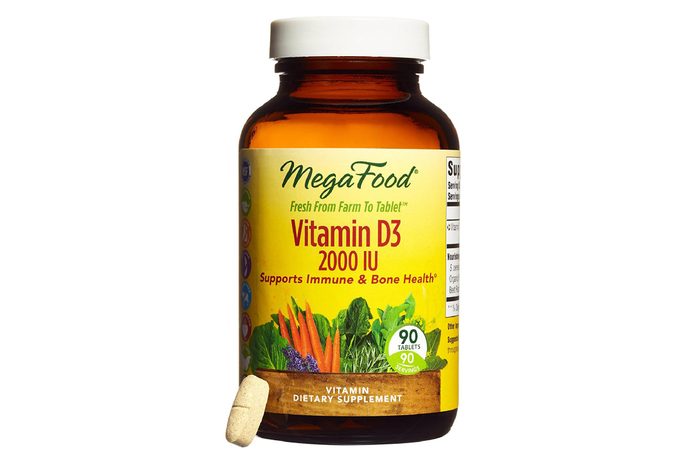
Vitamin D: MegaFood Vitamin D
For more wellness updates, follow The Healthy on Facebook, Instagram, and Twitter. Keep reading:
- The 3 Best Hydrating Beverages That Aren’t Water, from a Certified Sports Dietitian
- Eating More of This Can Improve Your Gut Health, Says New Science
- The 4 Best Habits to Lower Your Heart Disease Risk, from a California Cardiologist
- Here’s How Much Water You Really Need in a Day, with Nutritional Scientists’ Latest Wisdom

